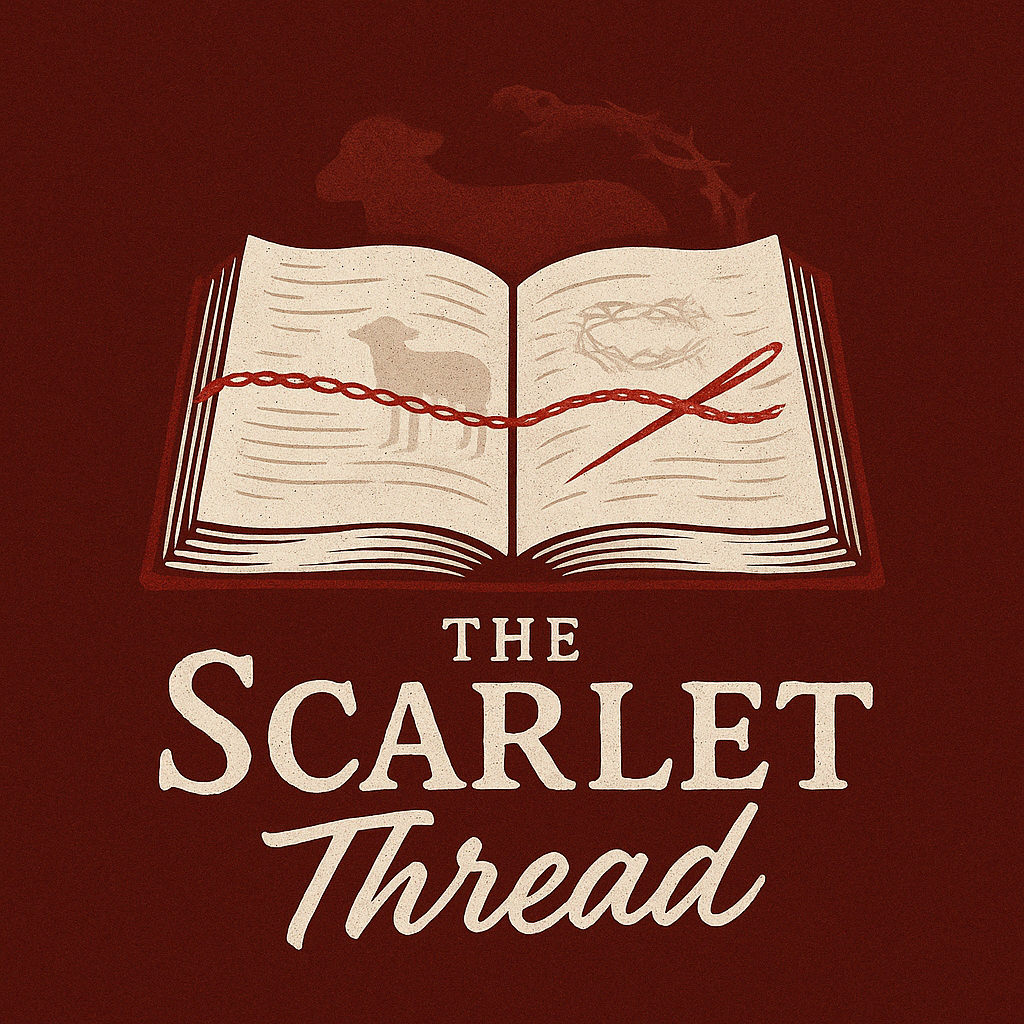Where’s the Gospel In The Story of Cain and Abel?
The story of Cain and Abel begins with two brothers—the sons of Adam and Eve—bringing their offerings to the Lord. Genesis 4:4 tells us that Abel brought "the firstborn of his flock and their fat portions," while Cain brought "some of the fruits of the soil." God accepted Abel’s offering but rejected Cain’s.
The reason this matters is clarified later in Scripture. Hebrews 11:4 says, “By faith Abel brought God a better offering than Cain did. By faith he was commended as righteous.” Some theologians interpret this difference as symbolic: Cain’s offering, the fruit of his own labor, represents self-righteousness and a works-based approach to God—relying on the law. In contrast, Abel’s offering points to salvation by grace through faith.
Abel seemed to have a heart that trusted God, while Cain did not. As is always the case, it came down to the posture of their hearts.
When God rejected Cain’s offering, Cain became angry—and in his sin, he murdered his brother. God finds him and says, “Your brother’s blood is crying out to me from the ground.” It was a cry for justice. But how does this connect to the blood Jesus shed on the cross?
Hebrews 12:24 gives us the answer: “You have come to Jesus, the mediator of a new covenant, and to the sprinkled blood that speaks a better word than the blood of Abel.” Why does it speak a “better word”? Because it speaks grace. It speaks healing. It speaks mercy and pardon.
On the cross, Jesus cried out, “Father, forgive them.” In Abel, we see a shadow of Jesus—an innocent man killed by his own. Jesus, the Righteous One, was crucified by the very people He came to save (see Matthew 23:35). Abel’s story points us to the gospel.
But what might trust in God and repentance have looked like for Cain? When God pursued him and asked, “What have you done?” Cain could have confessed: “I have sinned against God and against my brother. I took a life that wasn’t mine to take.” Instead, he deflected: “Am I my brother’s keeper?” His response revealed the depths of his heart.
Cain went on to say, “My punishment is too much to bear.” He was more grieved by the consequences of his sin than by the sin itself. This contrasts sharply with David (known as a man after God’s own heart), who also committed murder. In Psalm 51:4, David cries out, “Against You, You only, have I sinned and done what is evil in Your sight.” David was broken not just over what he had done, but over how deeply it grieved the heart of God and hurt others. He asked for mercy and longed to be made clean.
Cain, however, walked away from the presence of the Lord (Genesis 4:16). True repentance would have looked like falling on his face and staying close to God—even if in shame—like the prodigal son returning home.
Repentance isn’t about perfection. It’s about direction. Cain never turned back. His heart remained hardened, and that’s what made his story so tragic. But if he had turned, God—who is “slow to anger and abounding in mercy”—surely would have received and forgiven him.
Ultimately, Abel is a foreshadowing of Christ. His life and death point to a greater brother—one who would also die innocently, but whose blood would not just cry out for justice. He would take on the justice our sin deserves. His blood would speak a better word: grace and mercy from heaven.
By faith Abel brought God a better offering than Cain did. By faith he was commended as righteous, when God spoke well of his offerings. And by faith Abel still speaks, even though he is dead. (Hebrews 11:4)
